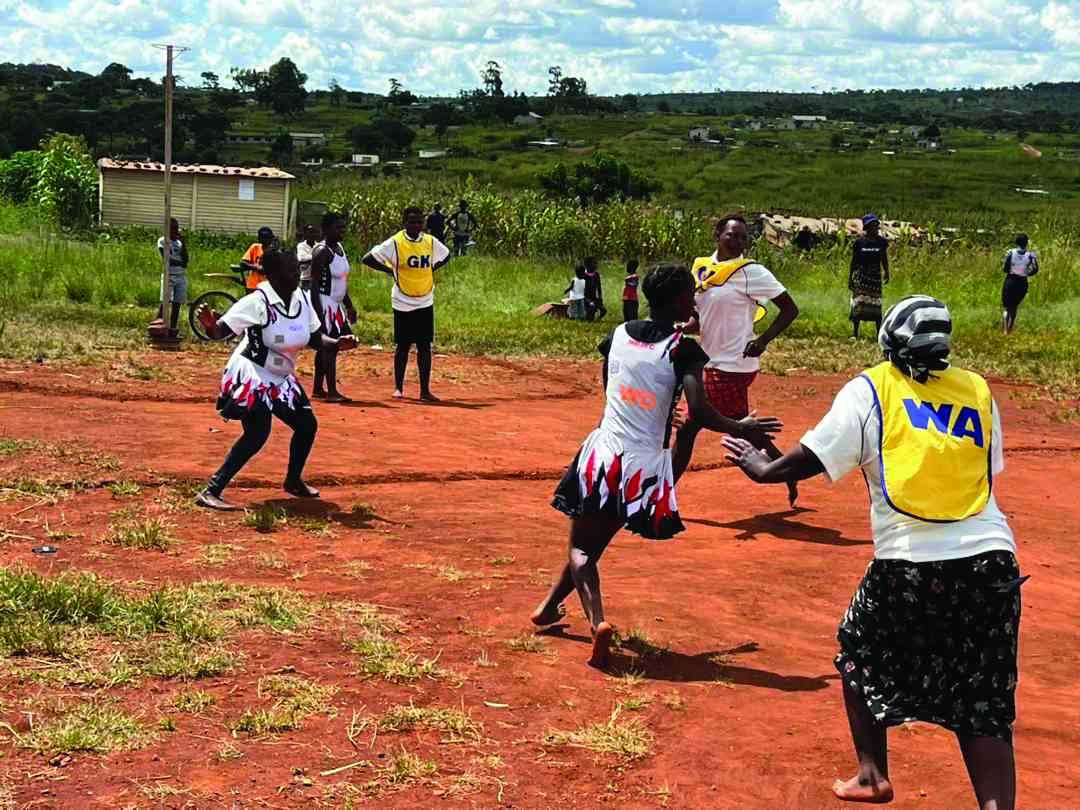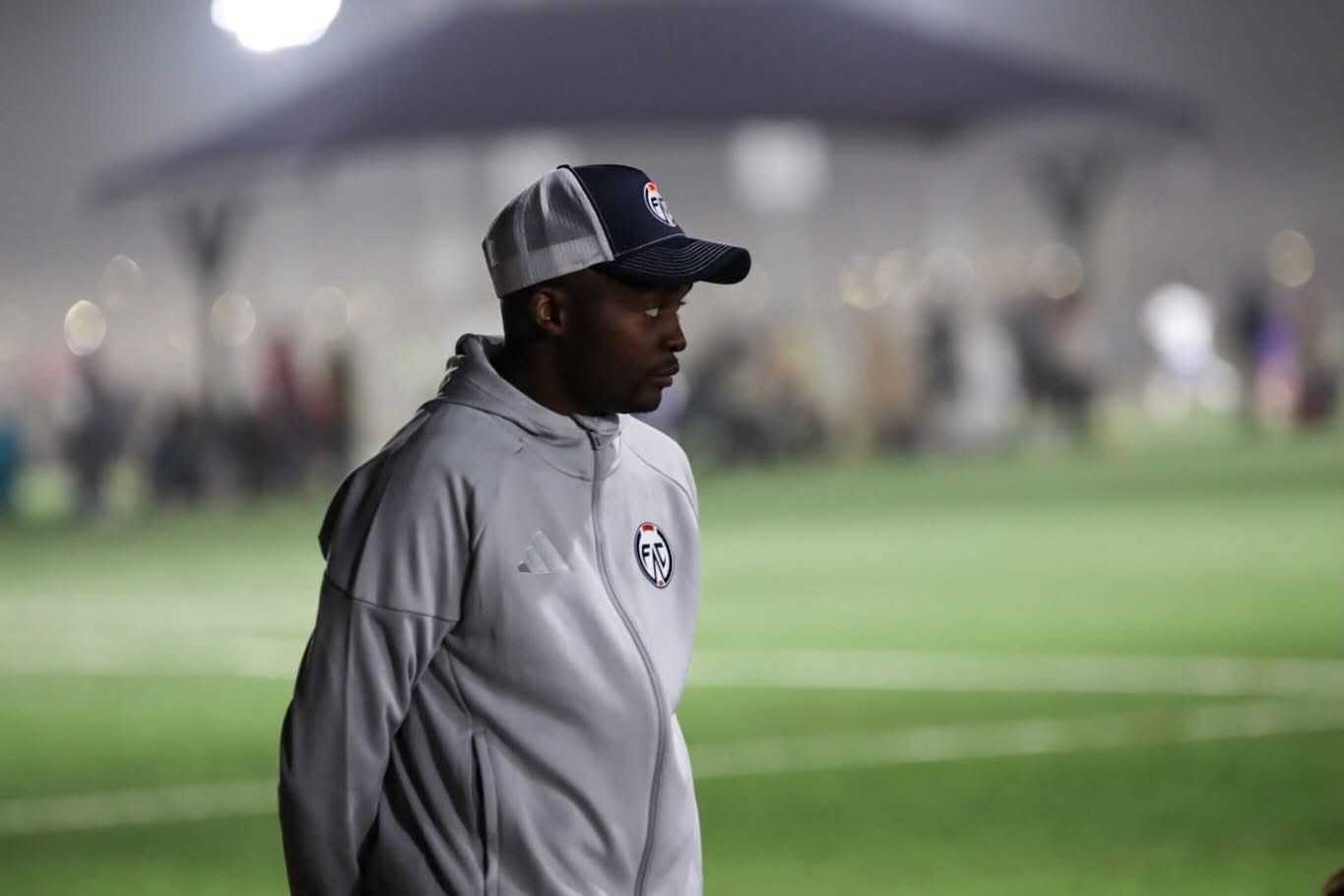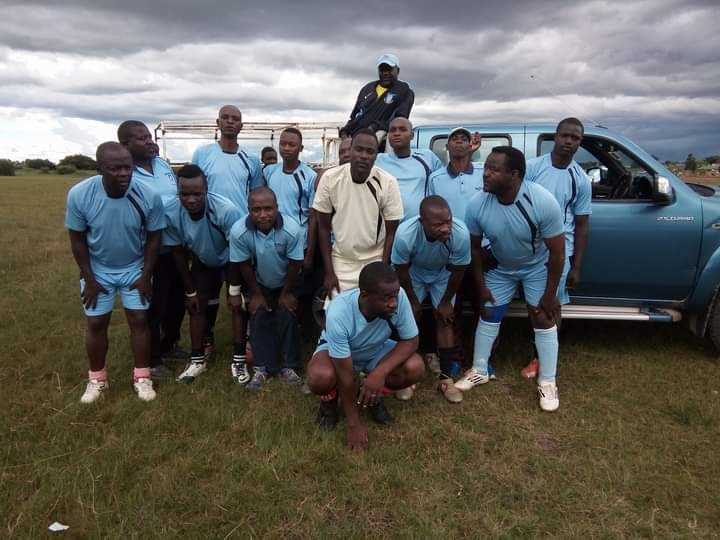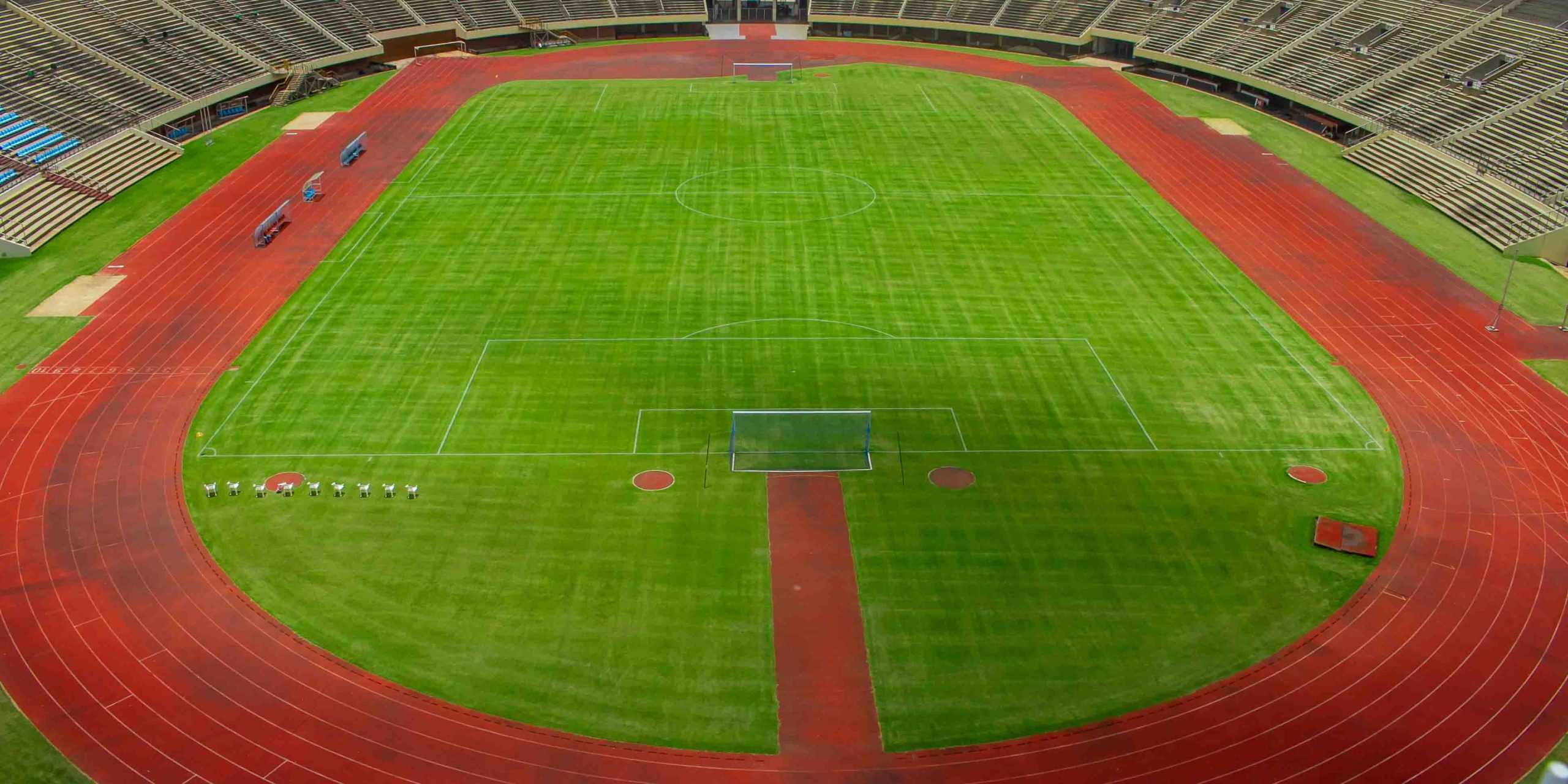
Patience Muchemwa- Senior Reporter
In the echoing silence left by the COVID-19 pandemic, Zimbabwe's vibrant sports scene lay dormant, a stark reminder of the global disruption that had seeped into every facet of life. But the silence has been broken, replaced by the roar of crowds, the bounce of balls, and the cheers of victory.
More than just a return to play, Zimbabwe's sporting resurgence is proving to be a powerful catalyst for national revival, breathing life back into communities, rebuilding infrastructure, and reigniting the nation's deep-seated love for the game across all codes.
At the forefront of this inspiring comeback is a determined effort to resurrect and construct sporting facilities that had long suffered from neglect or underutilization. Rufaro Stadium, once the revered home of local football and a symbol of national pride, is undergoing a significant facelift. This ambitious refurbishment embodies the very spirit of domestic football's rebirth, signalling a commitment to restoring the grandeur of the local game.
Meanwhile, the groundbreaking construction of the Heart Stadium is setting a new benchmark for sporting infrastructure in the country. With its promise of world-class amenities, it aims not only to elevate the local sporting experience but also to attract regional and international events, placing Zimbabwe firmly back on the continental sporting map.
In Kwekwe, Prophet Walter Magaya's vision is materializing through the development of a modern stadium, further expanding the network of quality sporting venues across the nation. Even in smaller towns, like Shamva, forgotten grounds like Wadzanai Stadium are being revitalized, bringing the unifying power of football back to the heart of local communities.
This renaissance is not confined to the realm of football. Across a diverse range of sports, Zimbabwe is witnessing a renewed enthusiasm. Squash, often perceived as a fading sport, is experiencing a quiet resurgence, with urban centres seeing the refurbishment of previously neglected courts.
Rugby and cricket, with their rich histories in the nation, are slowly but surely regaining their footing, attracting both players and spectators. Netball and basketball courts, once silent, are now alive again, filled with the energy of community leagues and school competitions. Furthermore, athletics programs are being revitalized, actively encouraging youth participation at the grassroots level, nurturing the next generation of Zimbabwean sporting talent.
Related Stories
The impact of this sporting revival is profoundly felt within the school system. Coaches like Calvin Banda of Sodbury School offer a poignant illustration of the resilience and dedication of young athletes. Since 2018, Banda had meticulously built a handball team, their eyes set on a podium finish at the 2020 National Association of Secondary Heads finals.
The pandemic cruelly dashed those dreams. “The COVID-19 era is a different story altogether,” Banda reflects. “We had a dream... but we only went through the first two phases and never saw the final stage due to COVID-19.” Yet, the enforced hiatus did not extinguish their passion. Instead, Banda and his players adapted, turning to online training sessions and motivational videos to keep their aspirations alive. “Coming back in 2022, the players were hungry for success.
The break became a blessing in disguise—it kept them focused and hungry to work even harder for our dream.” This story of perseverance is mirrored across schools nationwide, highlighting how sport instils discipline, teamwork, and unwavering determination in young people.
Beyond organised leagues and formal competitions, the simple return of social football in communities like Mbare is playing a vital role in reconnecting people after years of pandemic-induced isolation. Once again, local grounds are buzzing with the energy of weekend tournaments and informal matches, serving as crucial social hubs that bring neighbourhoods together. “In Mbare, football is more than a game—it’s a way of life,” emphasizes Simbarashe Chihwai, a local organiser.
“When we lost that during COVID, it felt like the soul of the community was gone. Now it’s back, and people are coming out not just to play, but to feel alive again.” This sentiment resonates across the country, underscoring how sport fosters social cohesion, strengthens community bonds, and provides a much-needed outlet for collective joy and camaraderie.
The ripple effects of this sporting resurgence extend far beyond the field of play, significantly boosting local economies. With the return of matches and sporting events, a multitude of opportunities are emerging for vendors selling food and drinks, transport operators ferrying fans, kit sellers providing sporting gear, and countless other micro-entrepreneurs. A single match day at a refurbished stadium can now support dozens of small businesses, demonstrating how sports act as an economic engine, fuelling livelihoods and contributing to the overall well-being of communities.
The symbolic return of the Annual National Sports Awards on March 30 this year provided a significant moment of recognition for this national rebirth. After a pandemic-imposed hiatus, the event returned with renewed vigour, celebrating the athletes who continued to push their boundaries and achieve excellence even during the most challenging of times.
This event not only honoured individual achievements but also served as a powerful reminder of the unifying and inspiring force of sport within Zimbabwean society.



















Leave Comments